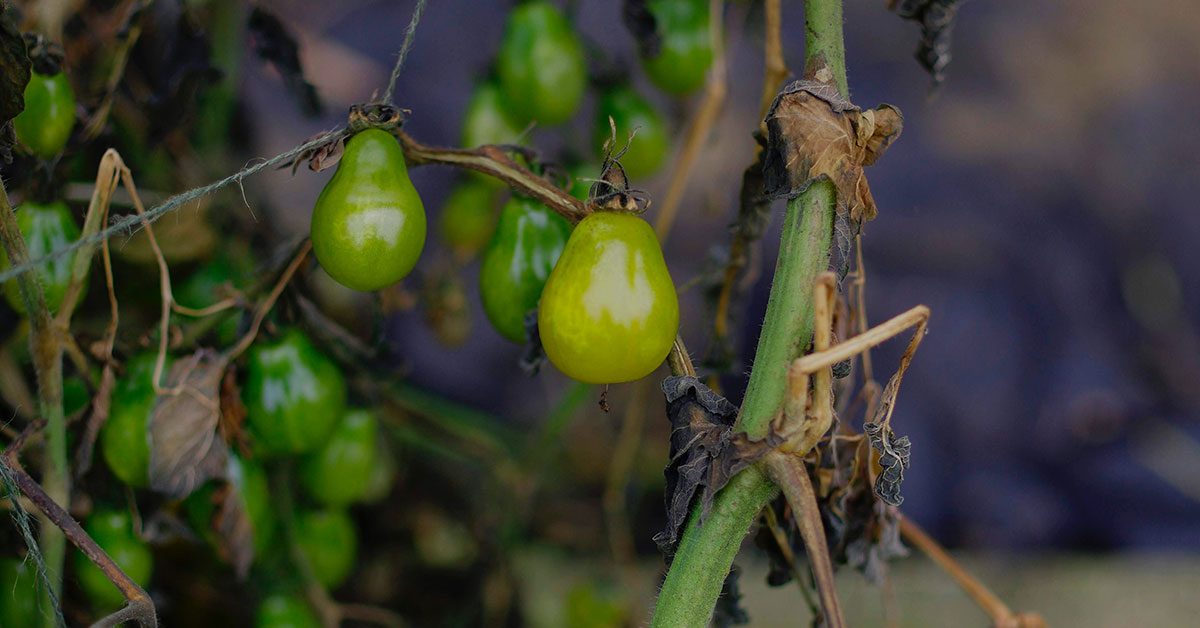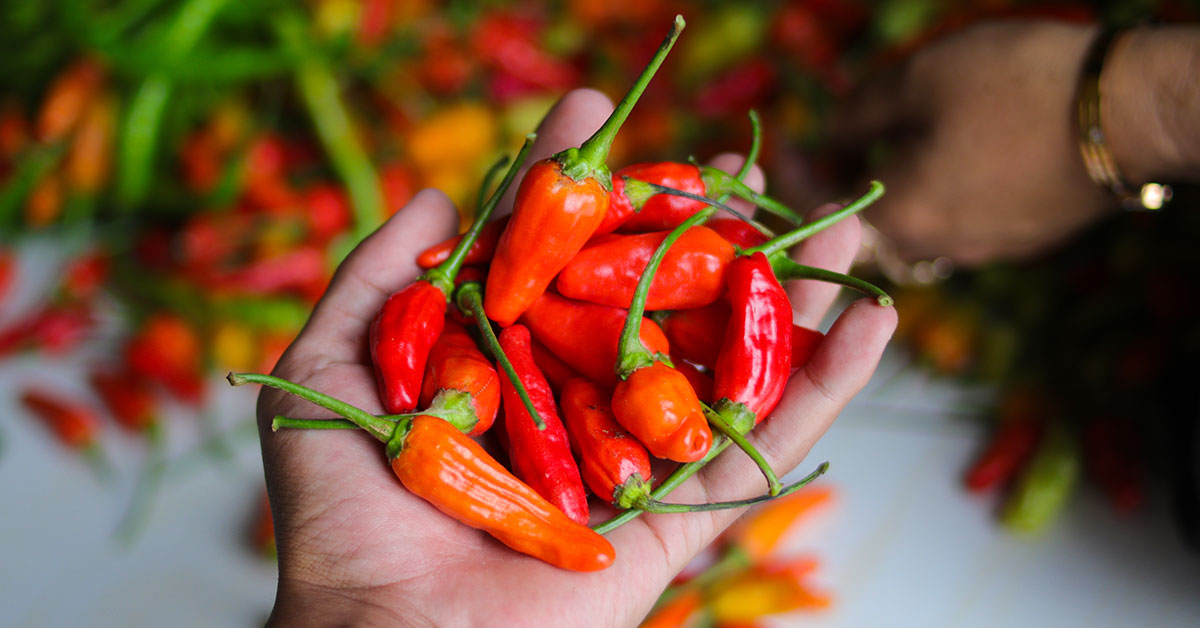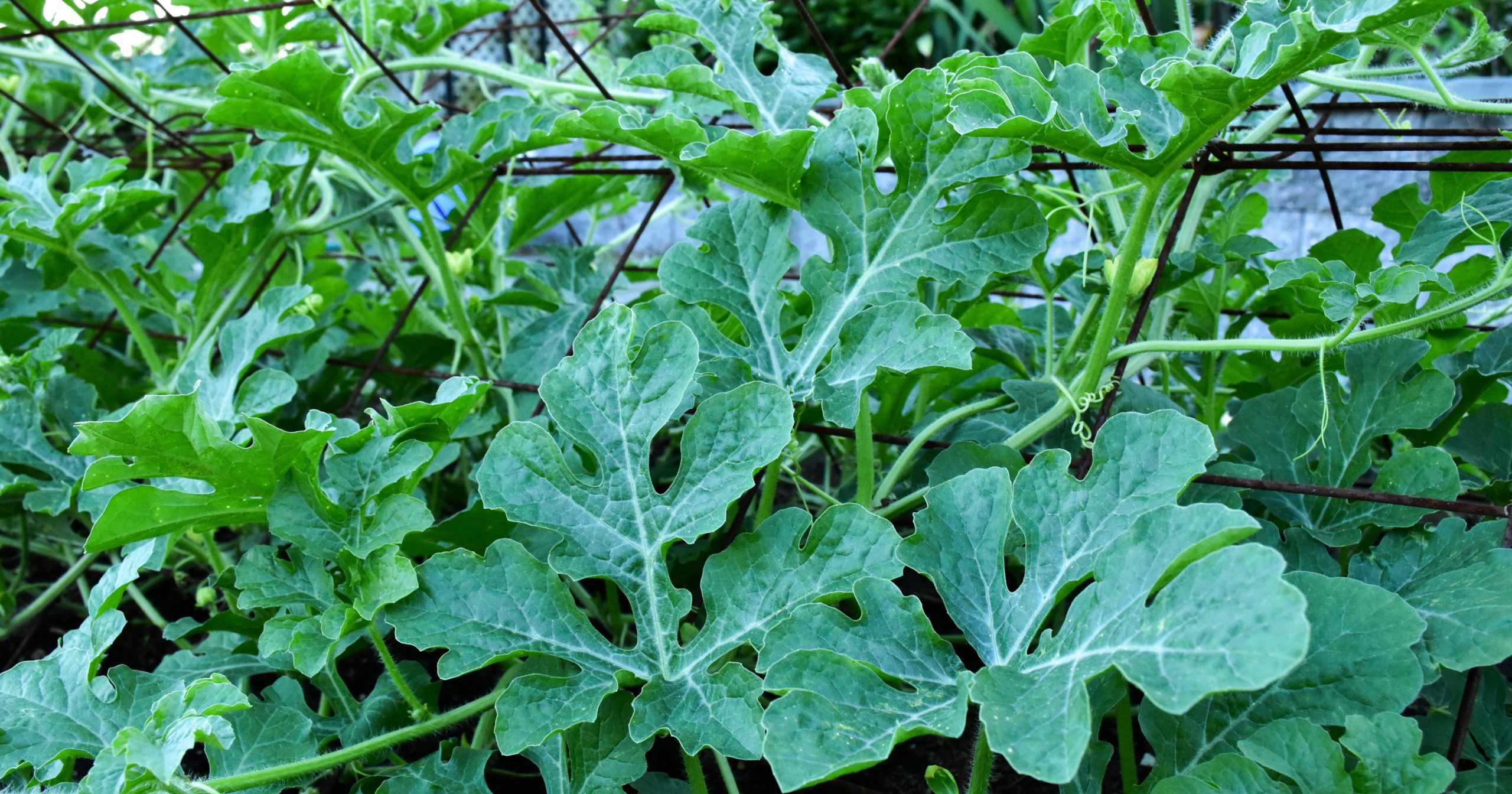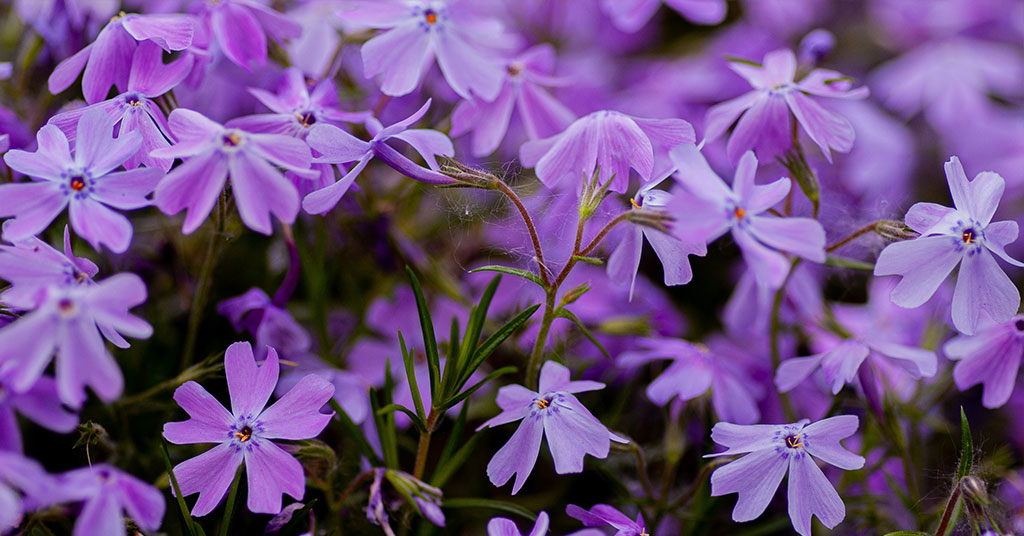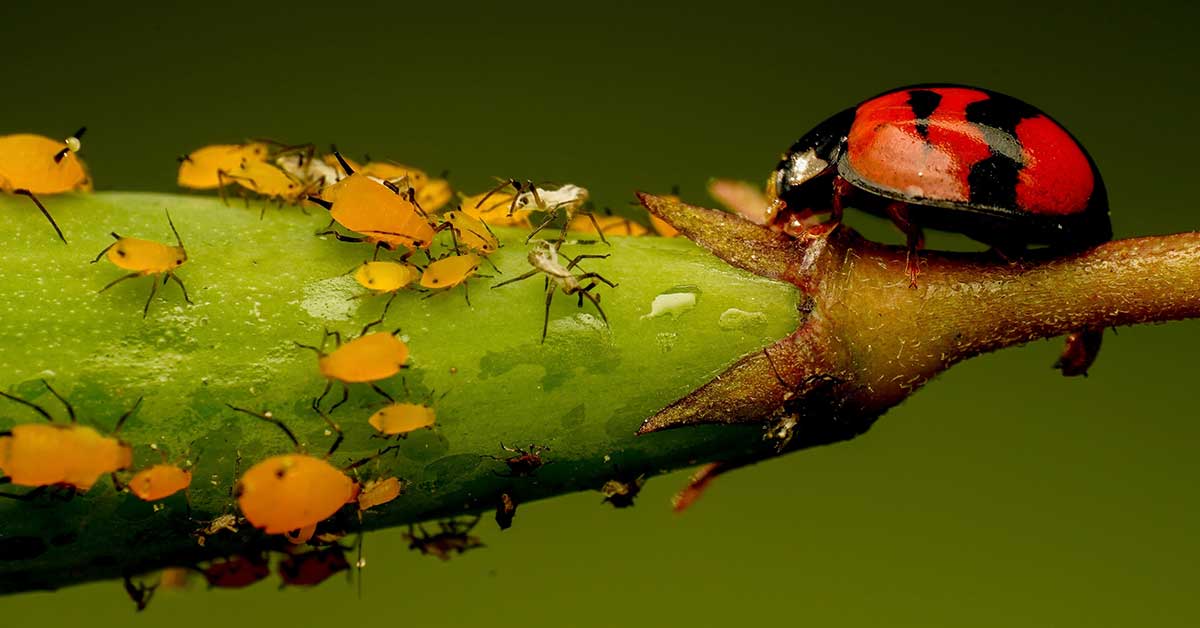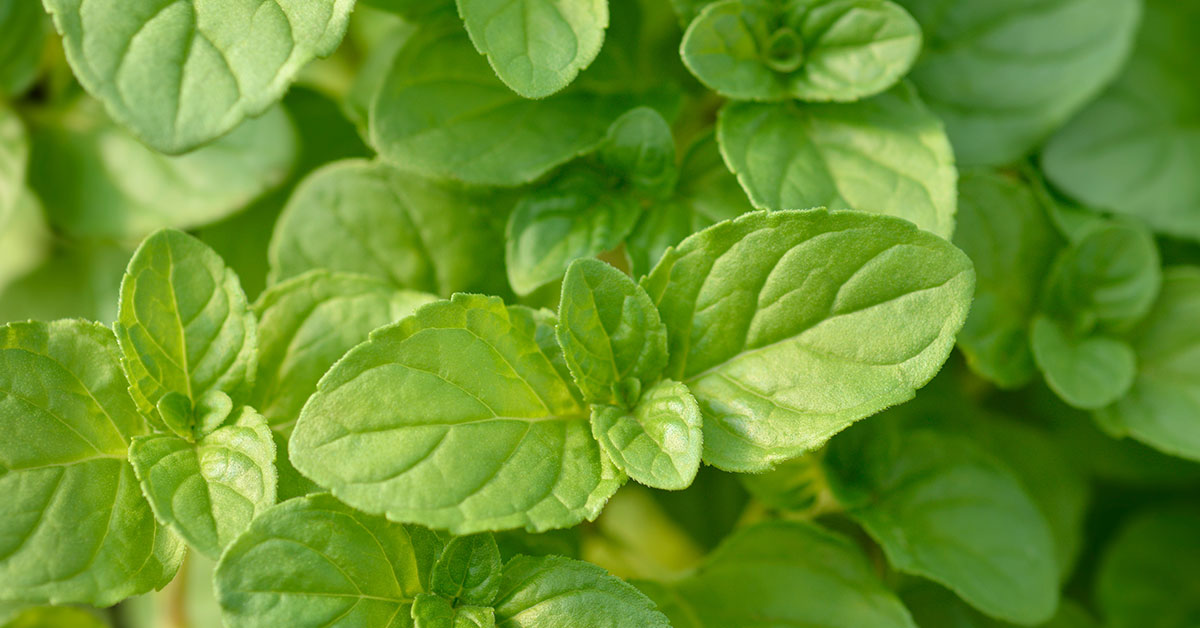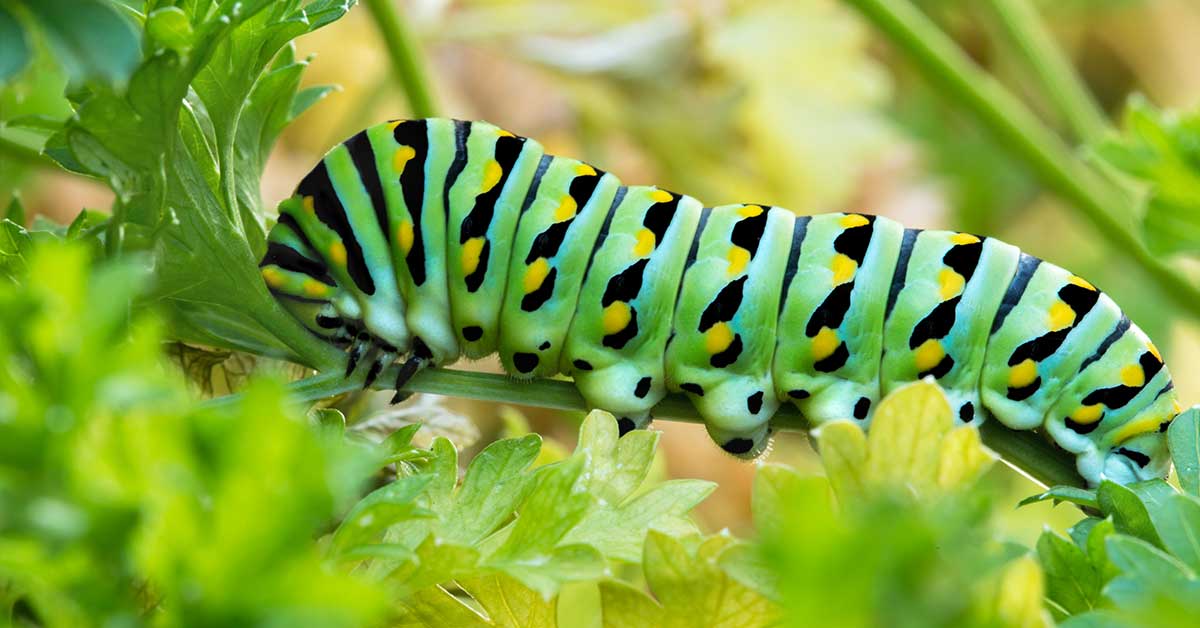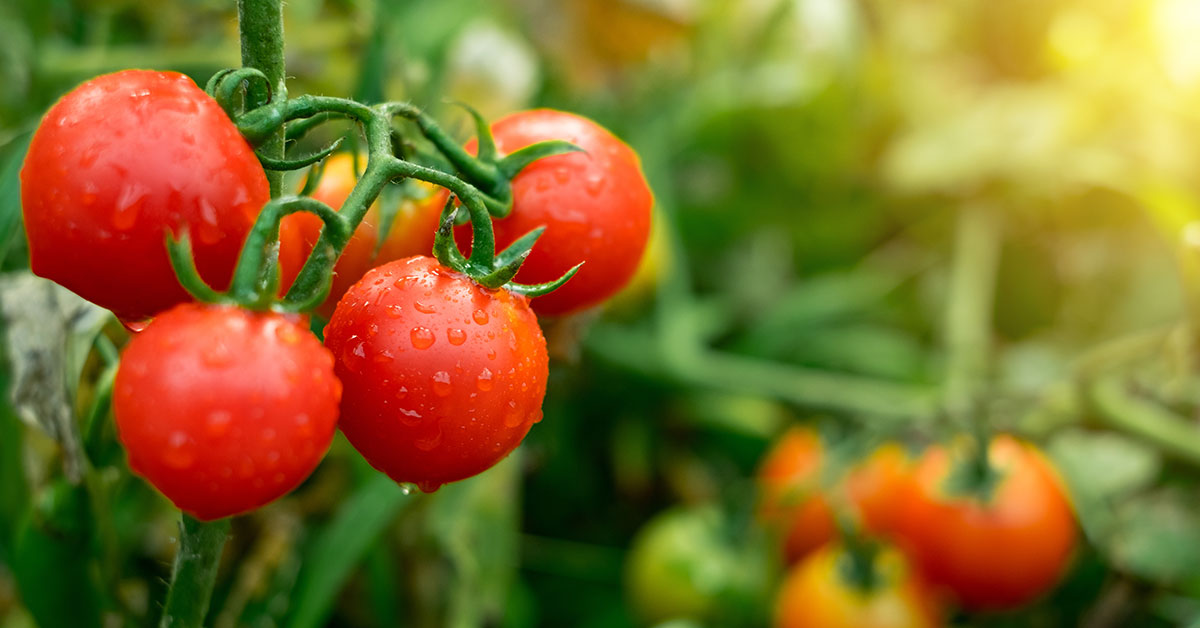Gardening can be incredibly rewarding, but it’s also easy to fall victim to common myths that can actually harm your plants. It’s frustrating to see your hard work not paying off due to misguided advice! Understanding and debunking these myths can help you create a healthier, more productive garden.
In this article, I’m excited to share ten popular gardening myths that might be sabotaging your efforts. By setting the record straight and providing accurate information, I hope to help you grow a thriving garden. Let’s dive in and debunk these myths together!
Myth: Adding Sand to Clay Soil Improves Drainage
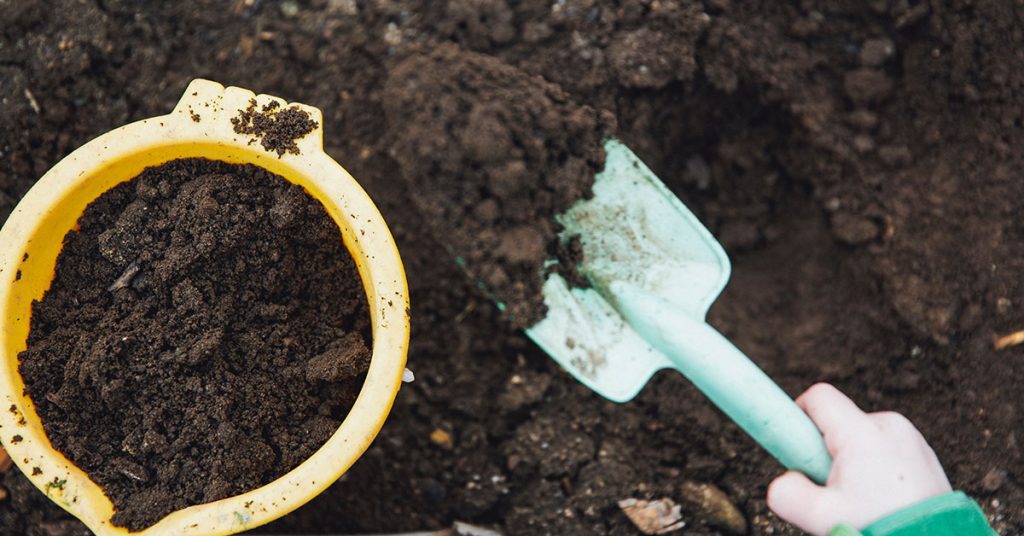
Many gardeners believe that adding sand to clay soil will improve its drainage. However, mixing sand with clay can actually create a concrete-like mixture, making the soil even more compacted and less able to drain properly. This myth can lead to poor plant growth and root rot.
The better solution is to add organic matter such as compost or well-rotted manure to your clay soil. Organic matter improves soil structure, increases drainage, and enhances nutrient availability. Regularly amending your soil with organic matter will create a healthier environment for your plants and encourage robust growth!
Myth: More Fertilizer Means Better Growth
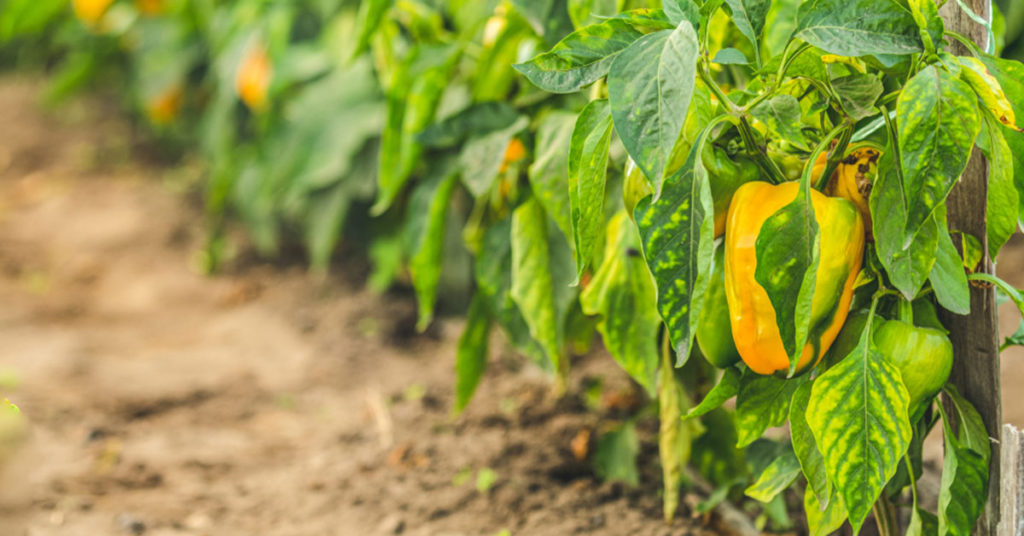
It’s a common misconception that using more fertilizer will make your plants grow faster and stronger. Over-fertilizing can actually harm your plants by causing nutrient imbalances, burning roots, and reducing soil health. This myth can lead to weak, unhealthy plants that are more susceptible to pests and diseases.
Instead, follow the recommended guidelines for fertilizer application based on your specific plants and soil conditions. Conduct a soil test to determine nutrient needs and use organic fertilizers or compost to provide balanced nutrition. Proper fertilization supports healthy plant growth without the risk of overloading your soil with chemicals.
Myth: Watering in the Heat of the Day Causes Leaf Burn
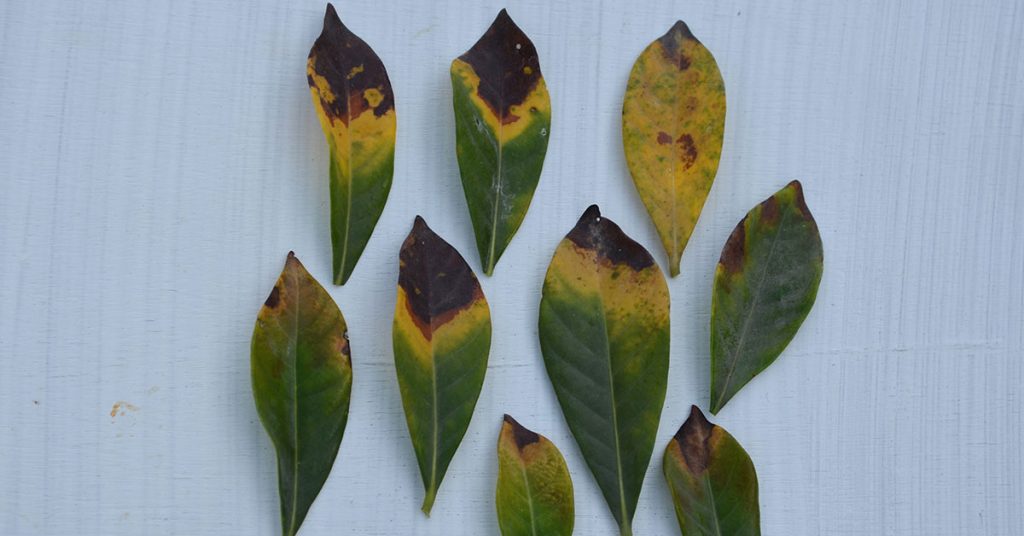
Many gardeners avoid watering during the heat of the day, fearing that water droplets on leaves will magnify the sun’s rays and cause leaf burn. While it’s true that midday watering can lead to increased evaporation, the idea of water droplets causing leaf burn is largely a myth.
The best practice is to water early in the morning or late in the evening when temperatures are cooler and evaporation is minimized. This allows the water to penetrate the soil and reach the roots where it’s needed most. Watering at these times also helps prevent fungal diseases that can thrive in wet foliage overnight.
Myth: Plants Need Deep Watering Every Day
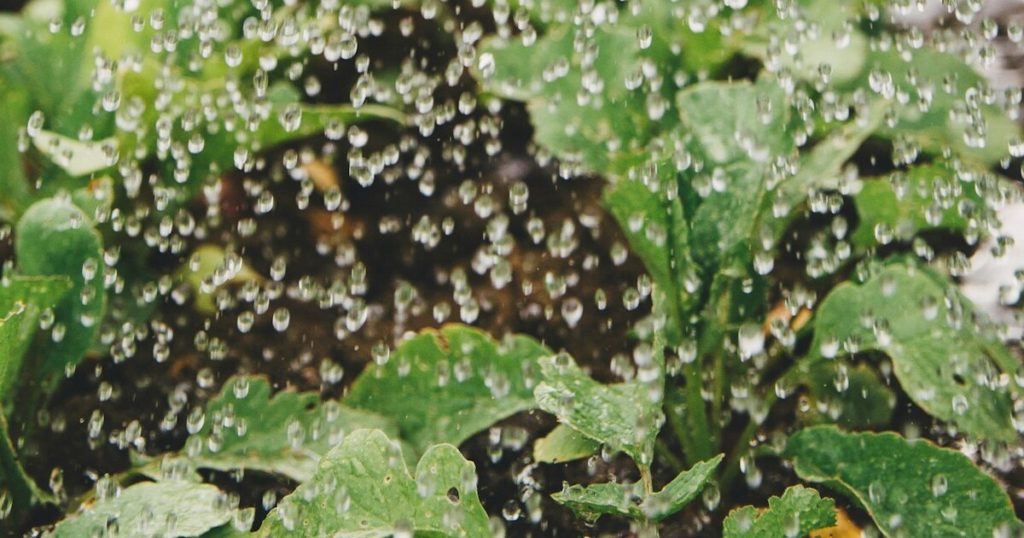
The belief that plants need deep watering every day can lead to overwatering, which can suffocate roots and promote fungal growth. Overwatering can be just as harmful as underwatering, leading to root rot and other issues that stunt plant growth.
A better approach is to water deeply but less frequently. This encourages plants to develop deep root systems that are more resilient to drought. Check the soil moisture before watering and only water when the top inch or two of soil is dry. Consistent, deep watering supports healthy, strong plants without the risk of overwatering.
Myth: All Bugs Are Bad
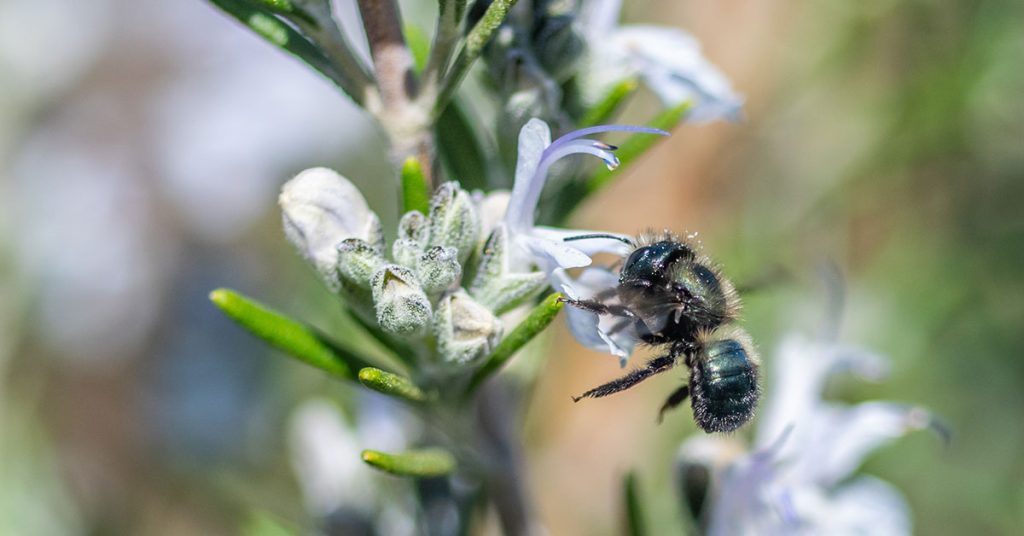
It’s easy to think that all bugs are harmful to your garden, but many insects are actually beneficial and play a crucial role in maintaining a healthy ecosystem. Predatory insects like ladybugs, lacewings, and parasitic wasps help control pest populations, while pollinators like bees and butterflies are essential for fruit and vegetable production.
Encourage beneficial insects by planting a variety of flowering plants and avoiding broad-spectrum pesticides. Creating a habitat for these helpful creatures can lead to a more balanced garden ecosystem, reducing the need for chemical pest control and promoting healthier plant growth.
Myth: Epsom Salt Is a Miracle Cure for Plants
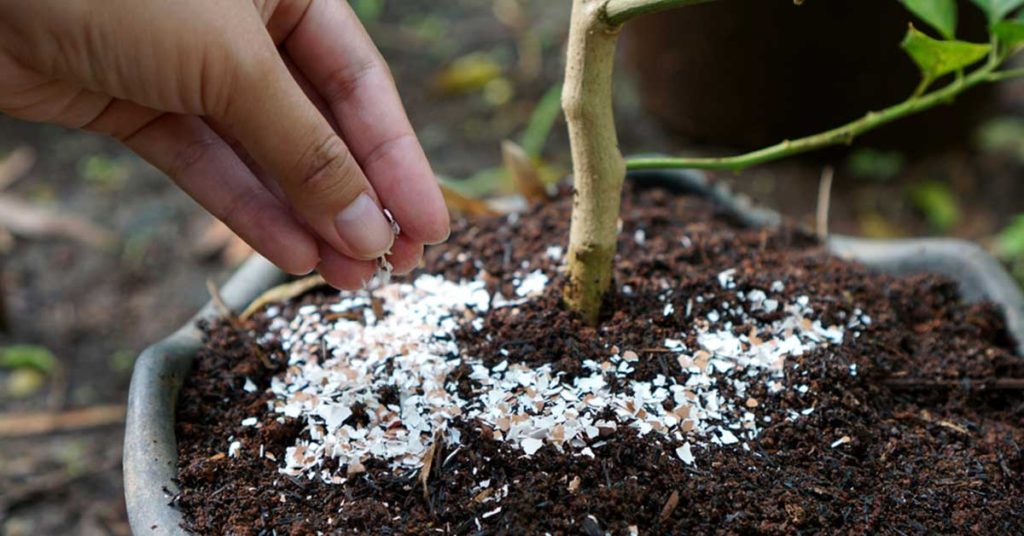
Epsom salt is often touted as a cure-all for various plant problems, from boosting growth to deterring pests. While Epsom salt (magnesium sulfate) can benefit plants with magnesium deficiencies, indiscriminate use can cause nutrient imbalances and harm your plants.
Before using Epsom salt, conduct a soil test to determine if your soil lacks magnesium. If a deficiency is present, apply Epsom salt sparingly according to recommended guidelines. Relying on proper soil management and balanced fertilization practices is a more effective approach to maintaining healthy plants.
Myth: Organic Pesticides Are Completely Safe
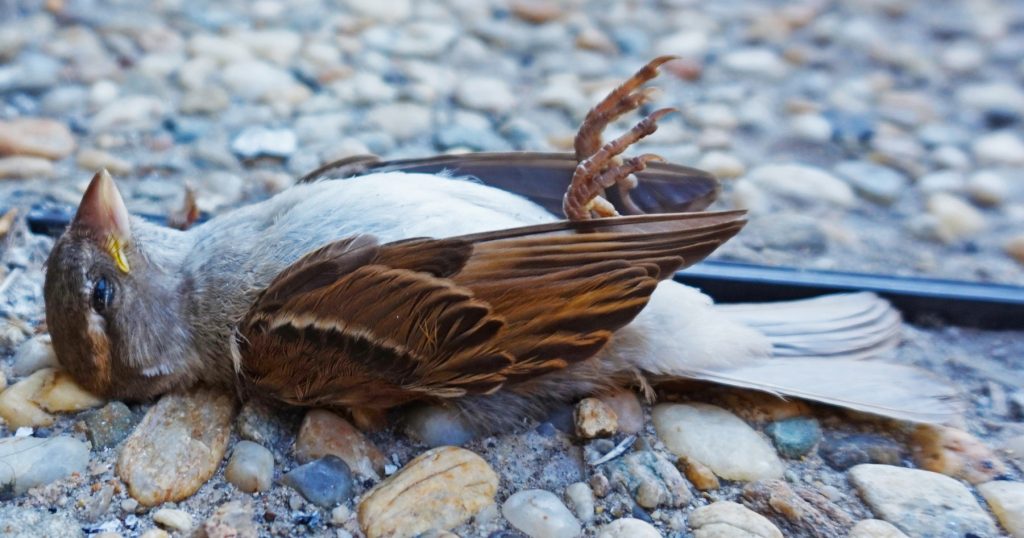
Organic pesticides are often perceived as completely safe for all garden use. While they are generally less harmful than synthetic chemicals, organic pesticides can still pose risks to beneficial insects, pets, and even humans if misused.
Use organic pesticides as a last resort and always follow the manufacturer’s instructions. Consider non-chemical pest control methods first, such as hand-picking pests, using barriers, and encouraging natural predators. Integrated pest management practices help protect your garden’s health without over-reliance on any single pest control method.
Myth: Raised Beds Don’t Need Weeding
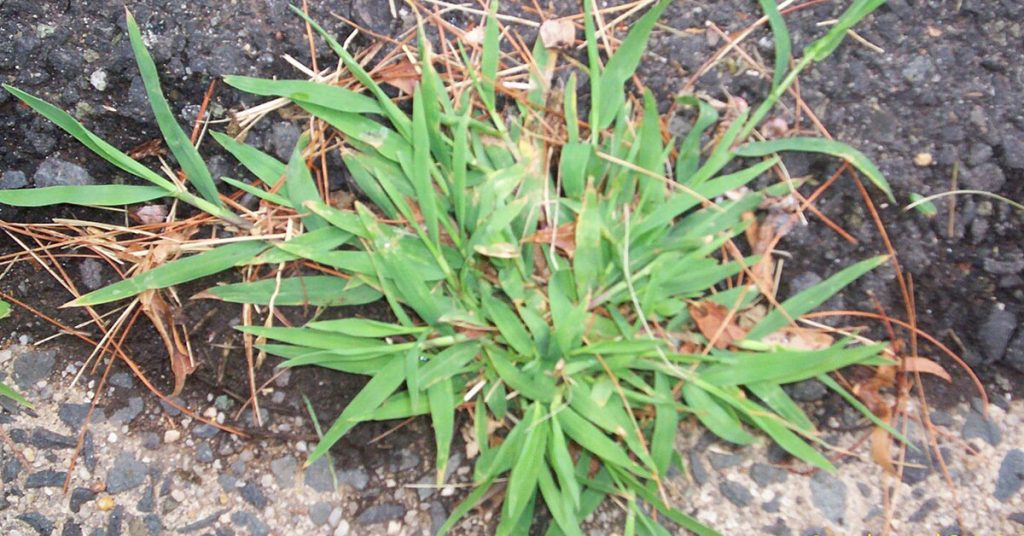
The idea that raised beds are weed-free is appealing, but unfortunately, it’s a myth. Weeds can still invade raised beds from seeds carried by wind, birds, or in compost and mulch. Ignoring this can lead to weed problems that compete with your plants for nutrients and water.
Regularly inspect your raised beds for weeds and remove them promptly. Applying mulch can help suppress weed growth and retain soil moisture. Maintaining good garden hygiene and staying vigilant about weeding will keep your raised beds healthy and productive.
Myth: You Must Plant Everything in Rows
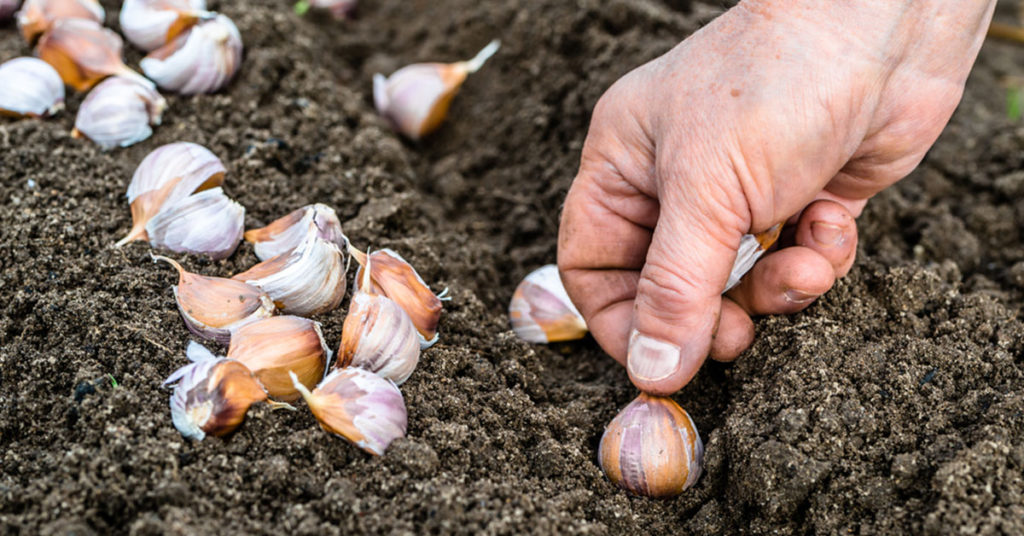
Planting in rows is a traditional method, but it’s not the only way to grow a productive garden. Planting in blocks or clusters can actually be more efficient, allowing you to maximize space and create microclimates that benefit plant growth. This myth can limit your garden’s potential if you feel confined to row planting.
Experiment with different planting arrangements like square foot gardening, intercropping, or companion planting. These methods can improve plant health, increase yields, and make better use of available space. Flexibility in planting design can lead to a more vibrant and efficient garden!
Myth: You Can Prune Anytime
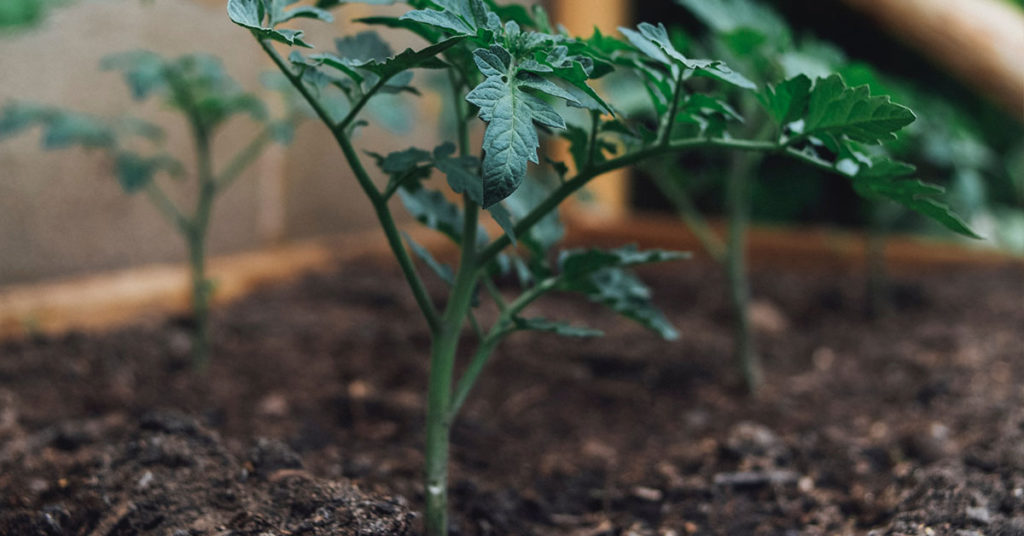
Pruning is an essential gardening task, but timing is crucial. Pruning at the wrong time of year can stress plants, reduce flowering, and increase vulnerability to diseases. This myth can lead to poor plant performance if not understood correctly.
Learn the best pruning times for each plant species in your garden. Generally, prune spring-flowering shrubs right after they bloom and summer-flowering plants in late winter or early spring. Prune fruit trees in late winter when they are dormant. Proper timing ensures healthy growth and abundant flowering or fruiting!
Myth: Coffee Grounds Are Good for All Plants
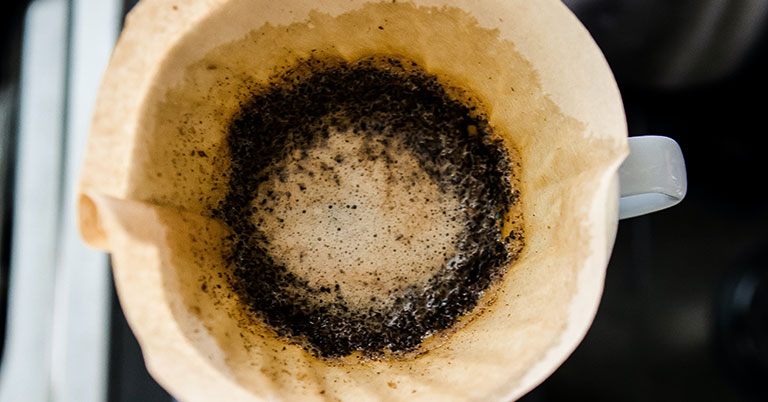
Coffee grounds are often recommended as a universal soil amendment, but they are not suitable for all plants. While they can add organic matter and nutrients to the soil, they are also highly acidic and can negatively affect plants that prefer neutral to alkaline soil conditions.
Use coffee grounds sparingly and mix them with compost to neutralize their acidity before applying them to your garden. Avoid using coffee grounds around plants that are sensitive to acidity, such as most vegetables and some flowers. Understanding the needs of your plants ensures you use soil amendments effectively and safely.
By debunking these popular gardening myths and following sound gardening practices, you can create a healthier, more productive garden. Each tip helps you avoid common pitfalls and supports your plants’ growth and vitality.
